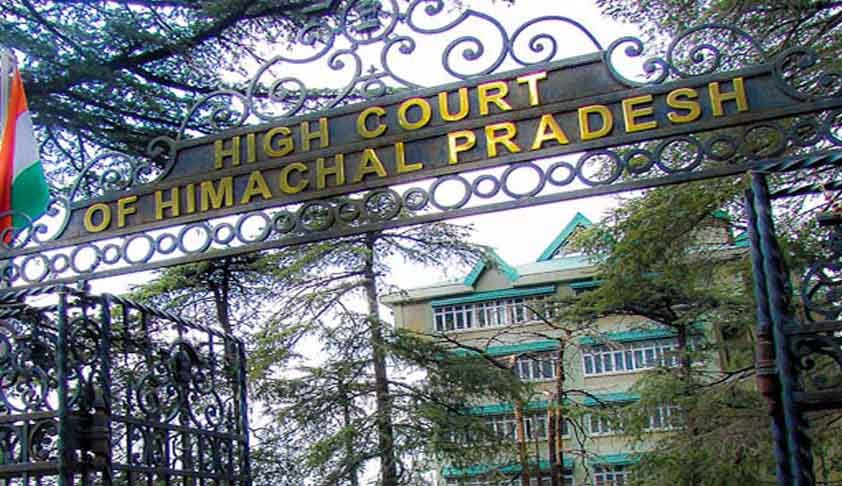The Himachal Pradesh High Court has ruled that a cheque issued as security can still attract liability under Section 138 of the Negotiable Instruments Act (NI Act) if there’s a legally enforceable debt or liability existing on the date of dishonor. This judgment aligns with Supreme Court precedents emphasizing that the key factor is whether a legally enforceable debt or liability exists when the cheque is presented.
Key highlights of the Judgment-
Security Cheques and Liability: A cheque given as security isn’t exempt from Section 138 NI Act if liability exists at the time of dishonor.
Legally Enforceable Debt: The court looks at whether there’s a legally enforceable debt or liability when the cheque is presented.
Context Matters: The Supreme Court has distinguished cases based on whether the cheque was for an existing debt or advance payment without subsisting liability.
Precedents: Cases like Sunil Todi vs. State of Gujarat and Sripati Singh v. State of Jharkhand support that security cheques can trigger Section 138 liability if liability exists.
Implications-
Commercial Transactions: This ruling underscore the importance of clarity in agreements involving security cheques.
Dishonor Consequences: If a cheque bounces due to insufficient funds or a closed account, and there’s a legally enforceable liability, Section 138 NI Act applies.
Legal Presumption: There’s a statutory presumption that a cheque represents a debt or liability unless rebutted.
The Himachal Pradesh High Court has underscored that a cheque issued as security can attract liability under Section 138 of the Negotiable Instruments Act (NI Act) if there’s a legally enforceable debt or liability on the date of dishonors. This judgment reinforces that the key factor is the existence of a legally enforceable liability when the cheque is presented, aligning with Supreme Court precedents. The ruling highlights the importance of clarity in agreements involving security cheques and emphasizes that cheque dishonors due to insufficient funds or a closed account can trigger Section 138 NI Act consequences if liability exists.

